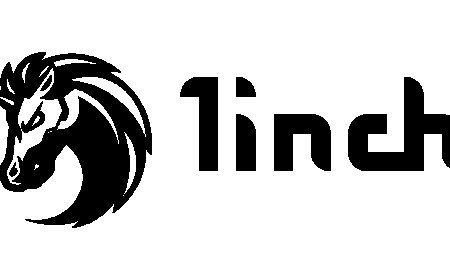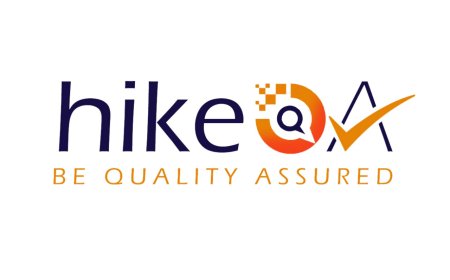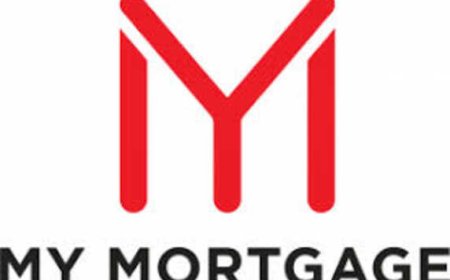What Does a Homeowners Insurance Adjuster Really Do?
Discover what a homeowners insurance adjuster does, how they assess claims, and what you need to know to protect your interests after a home loss.

Introduction
If you've recently experienced damage to your home, you're likely navigating the complex world of insurance claims. One of the first people you'll interact with is a home insurance adjuster. But who are these professionals, and what exactly is their role? Many homeowners feel unsure when they first encounter an adjuster, not knowing whether this person is on their side or the insurance companys. Understanding what a homeowners insurance adjuster does can make a significant difference in how you manage your claim and protect your financial interests.
Who Is a Homeowners Insurance Adjuster?
A homeowners insurance adjuster is a licensed professional responsible for investigating and evaluating insurance claims. They work either directly for an insurance company (staff adjusters), for independent firms contracted by insurers (independent adjusters), or for policyholders (public adjusters).
-
Staff Adjusters: Employed by your insurance company.
-
Independent Adjusters: Contracted by insurers but not employed full-time.
-
Public Adjusters: Hired by you, the homeowner, to represent your interests.
Knowing which type you're dealing with helps you better understand their motivations and responsibilities.
The Claim Process Explained
When you file a claim, the process typically begins with a call to your insurance provider. Once a claim is opened, the insurer assigns an adjuster. Here's how the typical process unfolds:
1. Initial Contact
After the claim is initiated, the adjuster will contact you to schedule a visit. During this conversation, they might ask for preliminary information like the type and extent of the damage, any emergency repairs you've made, and whether the home is still habitable.
2. On-Site Inspection
The adjuster visits your home to assess the damage. This inspection is thorough and often includes
-
Photographing the affected areas
-
Measuring rooms and damaged structures
-
Interviewing you about the incident
-
Reviewing any police or fire department reports (if applicable)
3. Damage Assessment
Using industry-standard software and cost databases, the adjuster estimates how much repairs will cost. Theyll consider factors like
-
Labour and materials
-
Building codes
-
Local construction costs
4. Documentation and Reporting
After gathering all the necessary data, the adjuster prepares a detailed report and submits it to the insurance company. This report helps determine your compensation.
The Adjuster's Role: Advocate or Adversary?
While it might feel like the home insurance adjuster is there to help, it's important to remember that staff and independent adjusters ultimately work for the insurance company. Their goal is to
-
Validate the legitimacy of the claim.
-
Minimize financial risk for the insurer.
-
Ensure policy terms are followed.
This doesnt mean theyre dishonest, but their primary obligation is to the company, not you. If disputes arise about coverage or repair costs, this distinction becomes critical.
Understanding the Scope of Loss
One of the adjuster's primary responsibilities is creating a "scope of loss," which is a detailed breakdown of:
-
Damaged areas
-
Materials affected
-
Items that need repair or replacement
-
Estimated costs for each item
This document serves as the foundation for your insurance settlement. Its crucial that this report is accurate and comprehensive. You have the right to request a copy and question any inconsistencies.
Working with Contractors and Estimates
Many homeowners bring in their own contractor for a second opinion or to handle repairs. The contractor may provide an estimate that differs from the adjusters. When this happens:
-
You can submit your contractor's estimate for reconsideration.
-
The adjuster may review or negotiate it.
-
Some insurers will send another adjuster or consultant for re-evaluation.
Its wise to ensure your contractor is licensed, insured, and experienced in working with insurance claims.
When to Consider a Public Adjuster
If you feel your claim is being undervalued, delayed, or unjustly denied, hiring a public adjuster could be beneficial. These professionals:
-
Work exclusively for policyholders
-
Have no ties to insurance companies.
-
Can often increase your final settlement
Public adjusters usually charge a percentage (10-20%) of the claim payout, but for many, the increase in compensation outweighs the cost.
Common Challenges Homeowners Face
Dealing with a homeowners insurance adjuster can come with challenges, especially if youre unfamiliar with the claims process. Common issues include:
-
Low Estimates: Some adjusters may underestimate damage to limit the payout.
-
Delays: Claims may stall due to backlogs or insufficient documentation.
-
Coverage Disputes: You and the insurer may disagree on what your policy covers.
To protect yourself:
-
Document everything.
-
Keep copies of correspondence and receipts.
-
Dont accept the first settlement offer if it feels too low.
Tips for Navigating the Process
-
Be Present During Inspections: Walk through the damage with the adjuster so nothing is missed.
-
Take Photos: Before cleanup or repairs, document everything.
-
Understand Your Policy: Know your deductibles, limits, and exclusions.
-
Stay Organized: Keep a claim diary with notes and dates.
-
Dont Rush to Settle: Youre allowed to negotiate.
Final Thoughts
A home insurance adjuster plays a pivotal role in the aftermath of property damage. While they bring expertise and structure to an often chaotic time, its important to remember they primarily represent the insurers interests. By understanding their role and staying informed and proactive, you can ensure a fair and thorough claim process. Whether you're dealing with a minor incident or a major loss, knowledge is your best defence in making sure your settlement reflects the true cost of your damage.
Understanding the function of a homeowners insurance adjuster can be the difference between a stressful, prolonged process and a fair, timely resolution. Know your rights, stay involved, and dont hesitate to ask questions throughout the claims journey.






































